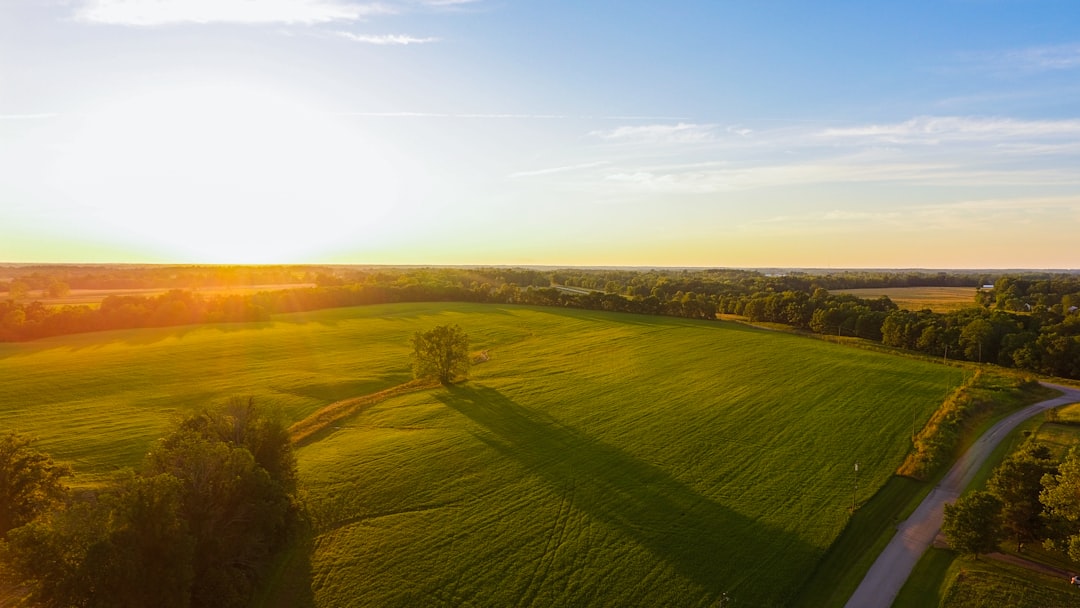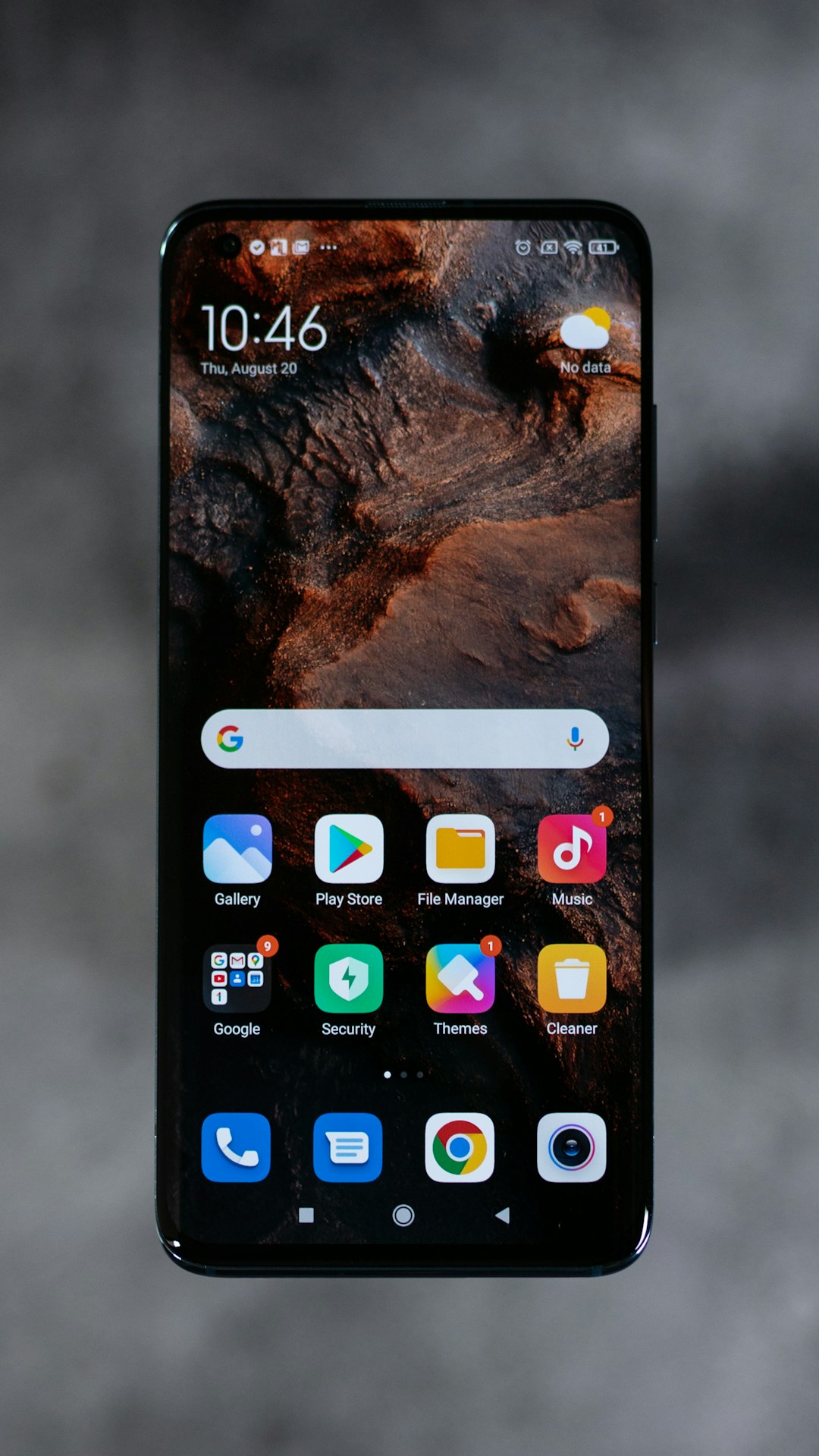Ohio's Do Not Call laws, enforced by the Attorney General, protect residents from telemarketing calls and empower consumers to register on the list. Wilmington's successful initiative encourages citizens to designate "No Contact Zones," reducing non-emergency calls and freeing up police resources. However, challenges include reaching all populations; future strategies should focus on public education, technology outreach, and collaboration with local lawyers and leaders for effective communication.
In Wilmington, Ohio, a unique approach to Do Not Call laws has yielded remarkable results. This article explores the success stories and challenges of Wilmington’s innovative strategy, offering valuable insights from a legal perspective. We delve into how local authorities and community members have navigated the complexities of these laws, highlighting their impact on reducing unnecessary emergency calls. With a focus on Ohio’s legal framework, this piece also provides guidance for those seeking representation from a lawyer specializing in Do Not Call Laws.
Understanding Do Not Call Laws in Ohio: A Legal Perspective

In Ohio, Do Not Call laws are designed to protect residents from unwanted telephone solicitations and telemarketing calls. These laws are regulated by the Ohio Attorney General’s Office, which enforces restrictions on businesses making sales or promotional calls. Understanding these regulations is crucial for both consumers and lawyers specializing in this area.
A lawyer for Do Not Call Laws Ohio can provide valuable insights into navigating these legal protections. They help ensure that businesses comply with state regulations, thereby preventing penalties and legal action. For consumers, knowing their rights under these laws empowers them to take action against persistent or abusive callers. This includes registering on the state’s Do Not Call list, which restricts most outbound sales calls, and seeking legal counsel for severe cases involving harassment or false advertising.
Wilmington's Approach: Success Stories and Community Impact

Wilmington has pioneered an innovative approach to crime prevention through its unique “Do Not Call” initiative, offering a compelling model for other communities. This program encourages residents to take proactive steps against crime by registering their homes and businesses as “No Contact Zones,” effectively ensuring that law enforcement is only called in genuine emergencies. The strategy has yielded remarkable success stories, with significant reductions in non-emergency calls flooding police lines.
The community’s involvement and sense of ownership are key factors in the initiative’s impact. Local lawyers often play a pivotal role, educating residents on Do Not Call laws, especially in Ohio, and providing legal support for those wishing to register their properties. This collaborative effort fosters a safer environment, allowing law enforcement to allocate resources more efficiently while empowering citizens to take charge of their security.
Navigating Challenges: Lessons Learned and Future Directions

Navigating Challenges: Lessons Learned and Future Directions
Despite the success stories, navigating challenges remains an integral part of implementing Do Not Call laws. One significant hurdle is ensuring compliance across a vast and diverse population. In Wilmington, as in many places, reaching all citizens, especially those unfamiliar with legal protections, has been a task. This underscores the importance of continuous public education campaigns to raise awareness about their rights under Do Not Call laws, particularly Ohio’s stringent regulations.
Future directions should focus on enhancing communication strategies and leveraging technology for better outreach. Collaborating with local lawyers and community leaders can help tailor messages to diverse audiences, ensuring everyone understands their right to privacy and the consequences of non-compliance. Additionally, utilizing social media platforms and mobile applications can further facilitate the dissemination of information, making it easier for residents to register and maintain their Do Not Call status.






